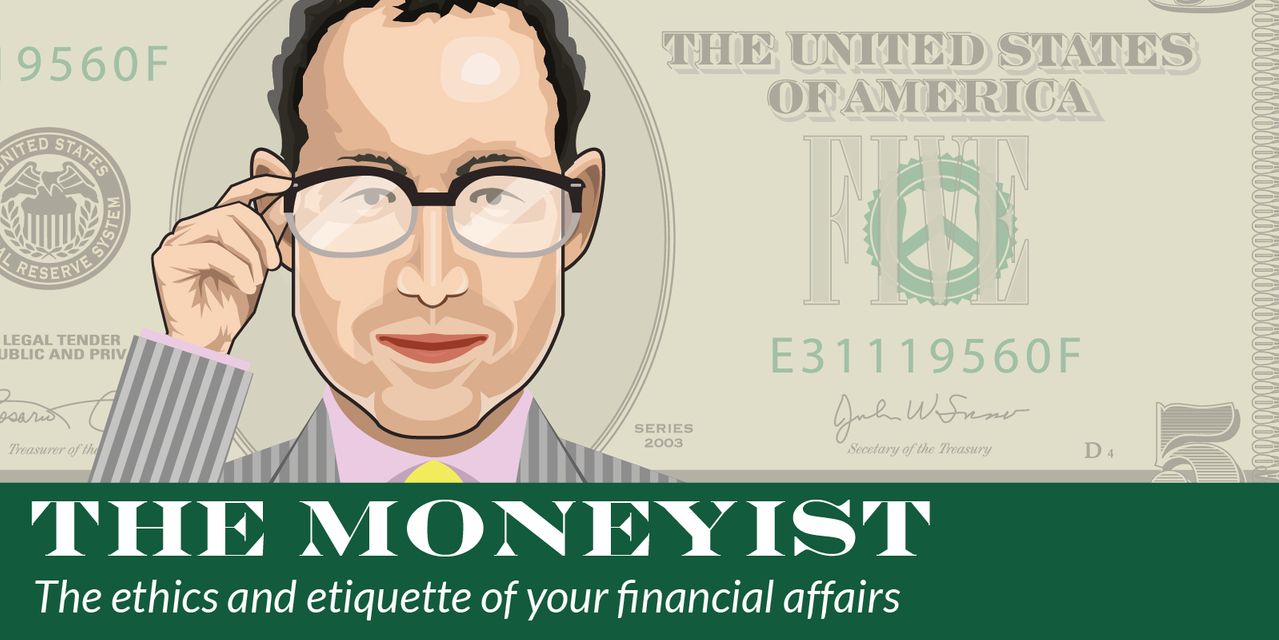
Dear Quentin,
My wife and I had a great year this year. We intend to max out both of our 401(k)s and IRAs, and my solo 401(k) from my self-employed business to remain under an income limit for school choice. Previously, I have encouraged my wife to convert her 401(k) to a Roth 401(k) during low income years.
She advised me that her 401(k) was from her post-college, pre-marriage years and she had an emotional attachment to it, and therefore did not want to touch it. As part of this new tax planning, I found out that the $100,000 in the old 401(k) is still in her maiden name, and her sister is her beneficiary.
I asked her to change the beneficiary to myself because if she dies, I will need that money to raise our four young kids. She says that her sister “will give me the money,” and asks, “You don’t think she will give you the money?” like it is some type of trust issue.
We are almost 40, and have $150,000 in Roth retirement funds and $600,000 in rental-property equity. All of my accounts have her as the beneficiary, and our will lists her to get everything we own if I should die. What should she do — and what action should I take?
Surprised Husband
Dear Surprised,
I’m not in the business of the “After I die, my sister/brother/next-door neighbor will give you X or Y from my estate” school of financial planning. And, wisely, you don’t seem to be either. This is not as straightforward as your wife or sister-in-law may wish to believe. But the rules regarding 401(k)s are set by the Employee Retirement Income Security Act of 1974, or ERISA.
Here is what the Department of Labor says on the subject: “In most 401(k) plans and other defined contribution plans, the plan is written so different protections apply for surviving spouses. In general, in most defined contribution plans, if you should die before you receive your benefits, your surviving spouse will automatically receive them.”
“If you wish to select a different beneficiary, your spouse must consent by signing a waiver, witnessed by a notary or plan representative,” the department adds. “If you were single when you enrolled in the plan and subsequently married, it is important that you notify your employer and/or plan administrator and change your status under the plan.”
“This is not as straightforward as your wife or sister-in-law may wish to believe.”
Check the laws in your state. Walters Gilbreath, an Austin, Texas-based law firm, says any portion of a 401(k) earned during a person’s marriage is divided as community property. “If the plan is considered separate property (i.e. you started the plan before your marriage), the interest in the plan is likely community property (property acquired during the marriage),” the firm says.
So what happens now? Your wife could take a withdrawal from her 401(k) before she reaches the age of 59 ½ and pay a penalty for the privilege — the amount will be taxed as income and, in addition, she most likely will pay a 10% penalty to the Internal Revenue Service. But that would be a last resort and, under the circumstances, seems highly unlikely.
We know what would happen if your wife predeceased you, but we do not know why she has listed her sister as a beneficiary, notwithstanding her mistaken belief that her sister can inherit her 401(k). Maybe she told her sister that she was her beneficiary, and feels anxious at the prospect of initiating a conversation to tell her otherwise.
Explain to her the rules surrounding 401(k)s and that leaving separate property to your sister-in-law on the basis that she would give it to your children does not make a great deal of sense to begin with. People act in unpredictable ways, especially after a family member dies. And she would likely have to pay an annual tax on any gift over $15,000.
You can email The Moneyist with any financial and ethical questions related to coronavirus at [email protected], and follow Quentin Fottrell on Twitter.
Check out the Moneyist private Facebook group, where we look for answers to life’s thorniest money issues. Readers write in to me with all sorts of dilemmas. Post your questions, tell me what you want to know more about, or weigh in on the latest Moneyist columns.
The Moneyist regrets he cannot reply to questions individually.
More from Quentin Fottrell:
• My married sister is helping herself to our parents’ most treasured possessions. How do I stop her from plundering their home?
• My mom had my grandfather sign a trust leaving millions of dollars to two grandkids, shunning everyone else
• My brother’s soon-to-be ex-wife is embezzling money from their business. How do we find hidden accounts?
• ‘Grandma recently passed away, leaving behind a 7-figure estate. Needless to say, things are getting messy’





